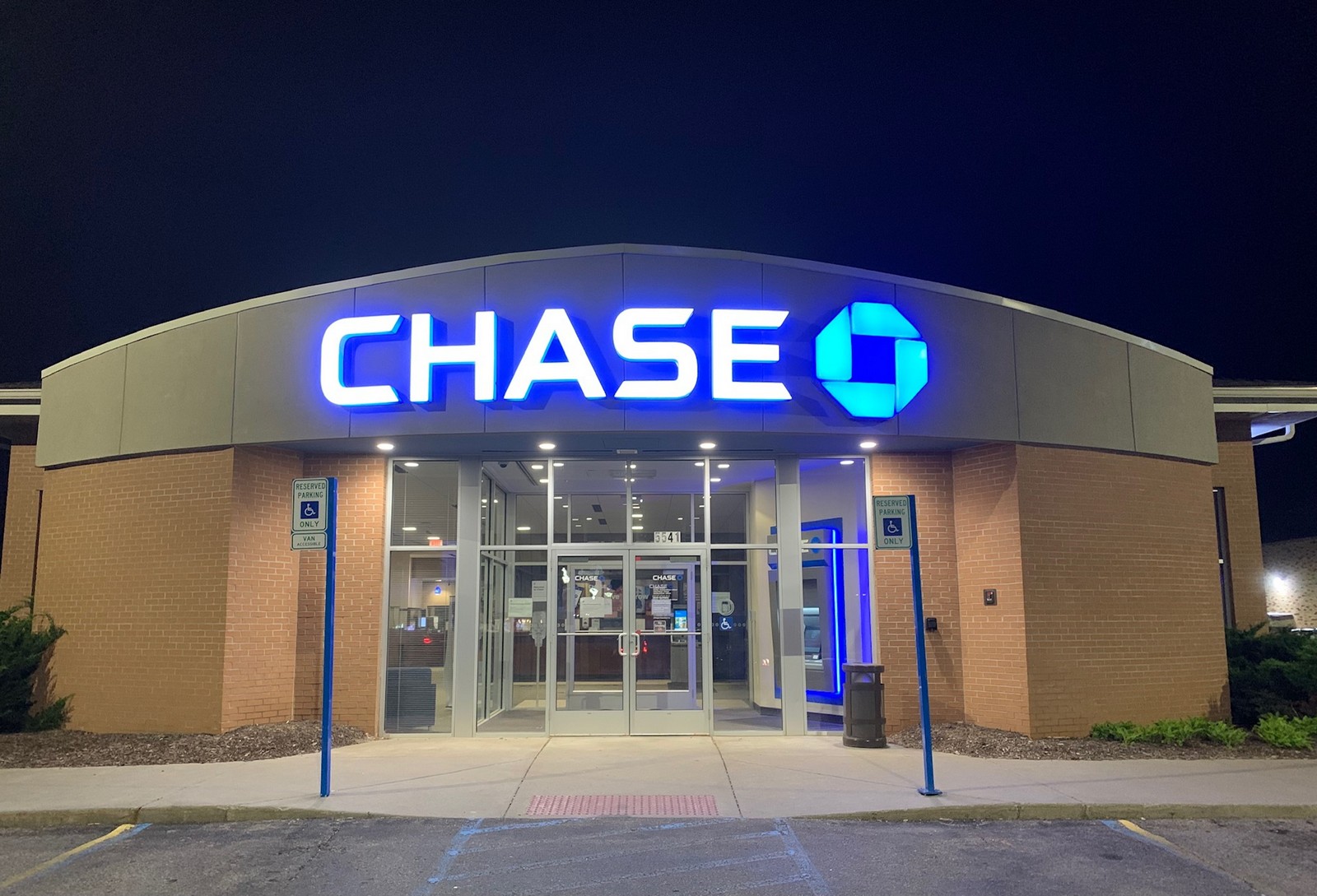
Chase Filing Numerous Lawsuits Against Credit Cardholders
Chase has recently ramped up lawsuits against credit card customers. The credit card issuer had filed a very small number of lawsuits in 2020, but last year the number was exponentially higher.
Chase has sued more than 800 credit card customers in the Fort Lauderdale area in 2021 for example. The number was at 70 in 2020 and none in 2019. In Westchester County, in New York’s suburbs, court records show that Chase has sued more than 400 customers over credit card debt since 2020; a year earlier, the equivalent figure was one. A similar surge is occurring in Texas, where Chase filed more than 1,000 consumer debt lawsuits around Houston last year after filing only seven in 2020. Chase instigated 141 consumer debt cases in Austin last year after filing only one such case in 2020. These numbers were first reported by ProPublica and January Advisors.
Now lawmakers are seeking answers. Several members of the Senate Banking Committee and its chairman, Sen. Sherrod Brown of Ohio, have signed a letter asking Chase for an explanation about the sudden spike in these lawsuits. But it’s not just the higher number of lawsuits that’s in question.
The letter notes that the senators are deeply troubled that Chase “has renewed its predatory practice of robo-signing purported evidence of credit card debt to sue customers during the pandemic.”
The practice first resumed after the January 1, 2020 expiration of Chase’s consent order with the Consumer Financial Protection Bureau. Chase had stopped filing these credit card lawsuits nearly a decade ago when regulators found that the bank’s legal paperwork was often faulty.
At the height of the robo-signing scandal following the 2008 financial crisis, the CFPB found that Chase wrongfully sued thousands of customers for debt they did not owe. “Robo-signing” is a practice where important documents are reviewed and signed by individuals who have little or no knowledge about the case and proper procedures are not followed.
From 2009 to 2013, the CFPB estimated that the error rate in robo-signing cases in which Chase obtained a judgement against consumers reached approximately 9%. In 2015, the CFPB issued a consent order prohibiting Chase from engaging in robo-signing and certain debt collections practices that were in violation of the Consumer Financial Protection Act.
“We request a response to these questions by February 21, 2022,” the letter says.



This story doesn’t really say why the people were sued. If they have legitimate charges on their cards and simply aren’t paying, then they deserved to be sued. CCs aren’t free money. If they did things improperly to gain CC bonuses, then they also deserve to be sued.
The problem in the past is Chase was suing people that don’t have any outstanding debt anymore because they were robo signing them without looking into the details. It appears they have started it up again as soon as their ban was lifted.
I’ll be contrarian and assume not all the suits aren’t legit. I wonder if more some credit card holders are treating credit cards like rent and student loan payments, figuring they shouldn’t have to pay because of COVID, etc.
IMO you have to be really bad off not to be able to do at least the minimum payment, thereby keeping things in good standing.